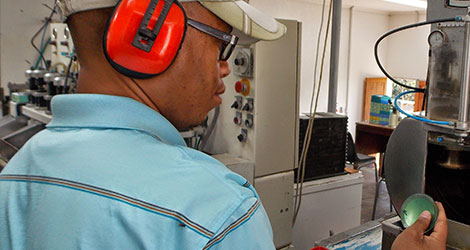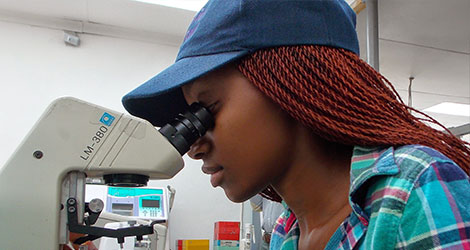Our diagnostic equipment allows us to detect even the smallest changes in your vision and eye health, which helps us ascertain your risk factors for debilitating eye and whole body diseases. With early detection, many such diseases may be manageable. Our services include:

We maintain a full-service optical lab on site that carries a large inventory of stock lens products and supplies semi-finished lenses to ensure a rapid turnaround time for your glasses. With highly trained and experienced technicians plus a state-of-the art lab facility, we are able to: Fabricate any lens design per your prescription (single vision, bifocals, progressives) Provide edging and fitting services Undertake frame repairs and adjustments

An examination of the fundus is usually done after first applying mydriatic dilation drops which enlarge the pupil opening, and thus allowing a better view of these structures. The instruments used for fundus examination include ophthalmoscope or a fundus camera.

Optical coherence tomography (OCT) is a non-invasive imaging test. OCT uses light waves to take cross-section pictures of your retina. With OCT, your ophthalmologist can see each of the retina’s distinctive layers. This allows your ophthalmologist to map and measure their thickness. These measurements help with diagnosis. They also provide treatment guidance for glaucoma and diseases of the retina. These retinal diseases include age-related macular degeneration (AMD) and diabetic eye disease.

The visual field test can help the doctor find early signs of diseases like glaucoma that damage vision gradually. Some people with glaucoma do not notice any problems with their vision, but the visual field test shows that peripheral vision is being lost.A visual field test can also help the doctor find out more about the part of the nervous system that allows us to see.

Low Vision is a condition in which vision cannot be corrected by glasses, contact lenses or surgery. People who have vision loss are said to be visually impaired or to have Low Vision. Their vision loss is usually caused by an underlying eye disease such as: Age-related Macular Degeneration (AMD), Diabetic Retinopathy, Glaucoma, Cataracts, Other eye diseases and conditions.